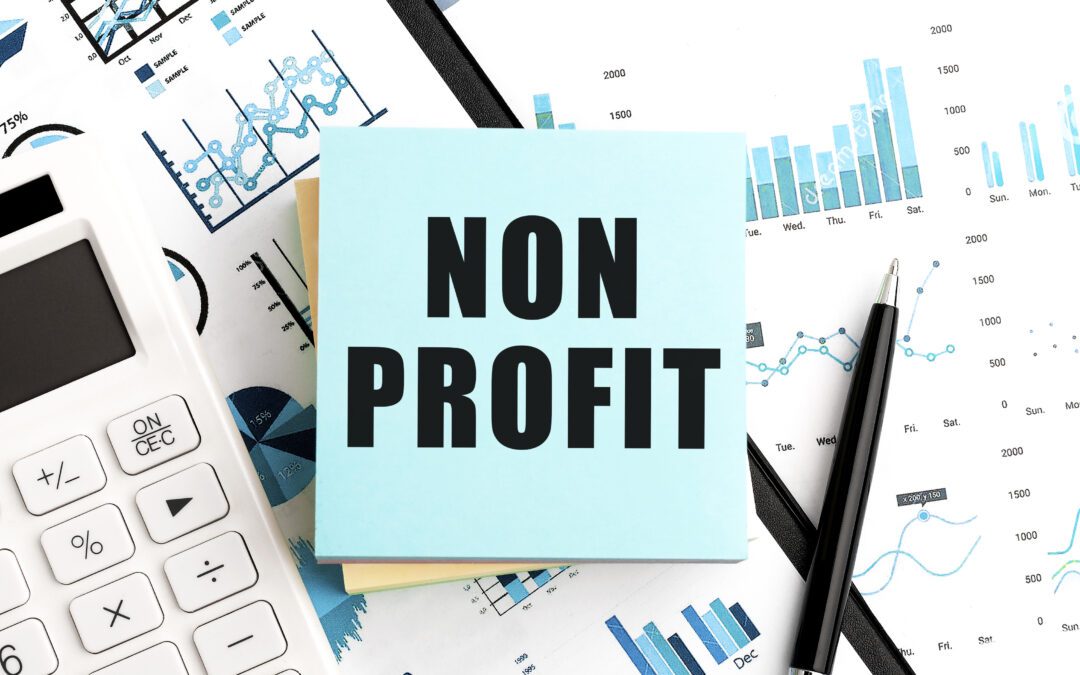- Contemplating forming a Non Profit organization or a Non Profit foundation?
- Considering qualifying as a 501(c)3 charity? 501 (c)4? 501(c)5? 501(c)6? 501(c)7? Other 501(c)?
- Not sure about the requirements?
Let’s explore a few steps you need to take and a few resources that you may find useful in forming a Non Profit. First, what you do will depend on the state of formation. Where will you form your Non Profit entity. Then, what is the nature of your non-profit. Because of those choices, some of the things noted here may not apply to you. That said, further research on your part will aid in discovering what your state’s law says on the topic.
This post primarily addresses California entities, however, you can research the corresponding agency in your state. For example, every state has a Secretary of State Business Portal. That might be your first stop.
A few documents you can obtain and even prepare on your own, and others, you may want to consider hiring a lawyer to help with. Regardless of whether you do it yourself or seek guidance, please know that legal documents should be prepared VERY carefully. They are not always as simple as they appear.
One thing you should know, if you are forming a not-for-profit in California, there are rules and regulations from four (4) governmental agencies, which you MUST comply with, as well as the operational business entity requirements. The government agencies are: California Franchise Tax Board, Attorney General, Secretary of State, and the Internal Revenue Service.
Here are a few questions to ask yourself, regarding your non profit:
- What is the purpose of your non-profit?
- What type of business entity will you have? Pure non-profit? Charity? Trade Association? Advocacy group? If in California, will it be a low-profit limited liability company (L3C)? or a hybrid social enterprise (e.g., Benefit Corporation, Flexible Purpose)
- Regardless of the type of entity, you will need corporate documents. The following is a short list of things you will need:
- Articles of incorporation or association
- Bylaws or Operating Agreement if it is an LLC or L3C
- If a corporation, Action of Sole Incorporator
- Board of Directors
Until next time, I’m Attorney Francine Ward helping you protect what’s yours.

Francine D. Ward
Attorney-At-Law, Author, Speaker
Follow Francine:
Don’t miss Francine’s Latest Blogs:
- Sweepstakes ScamsSweepstakes Scams. The Federal Trade Commission (FTC) has settled with several operators of a sweepstakes scam. The scam bilked consumers out of millions of dollars. Included in the settlement agreement,… Read more: Sweepstakes Scams
- Incapacity PlanningIncapacity Planning. Incapacity is an unexpected wrinkle in your estate plan. I am a planner. I make plans, I like making plans, and sometimes my plans go awry. Despite any… Read more: Incapacity Planning
- Publishing contractsPublishing contracts The publishing contract is an agreement that defines the relationship between an author and her publisher. Publishing contracts typically contain elements that speak to territory, rights, ownership, financial… Read more: Publishing contracts
- What is a Habit?As we enter springtime, you may feel far away from your New Year’s resolution. That may be because of the success rate of NYE resolutions. In fact, January 17 is… Read more: What is a Habit?
- Common Contract MistakeCommon Contract Mistake #1. Not Having Written Agreements with EVERYONE You Do Business With. Common contract mistake. Without question, the most common contract mistake is not having the terms of… Read more: Common Contract Mistake











